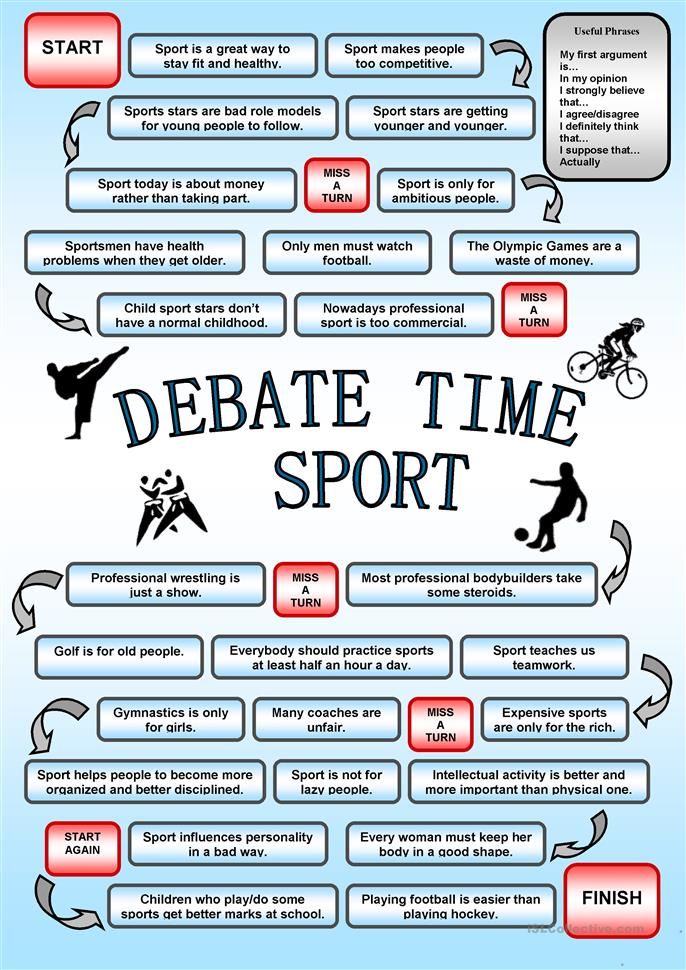A recent decision by the European Court of Justice (ECJ) has sent ripples through the world of sports, challenging the long-held notion of federations as self-governing entities. This ruling, while not directly addressing specific past controversies, fundamentally redefines the relationship between sports governance and conventional legal frameworks, sparking hopes—and concerns—among those who believe historical judgments, particularly in football, warrant re-examination.
The Sacred Cow of Sports Autonomy Under Scrutiny
For decades, international and national sports federations have largely operated under the principle of «autonomy.» This meant that their internal rules, disciplinary processes, and dispute resolutions were considered largely independent of state laws and broader European Union regulations. The rationale was simple: sports needed to govern themselves to maintain integrity, ensure fair competition, and preserve their unique characteristics free from external interference. It`s a noble ideal, perhaps, but one that has increasingly come under pressure as professional sports transformed into multi-billion-euro industries.
When vast sums of money, global audiences, and the careers of thousands are at stake, the argument for complete self-governance starts to fray. Questions of transparency, due process, and the potential for conflicts of interest within these closed systems inevitably arise. Were the «sports judges» truly impartial, or merely stewards of a system designed to protect itself? For many, the answer has been unsatisfyingly vague.
The European Court of Justice Steps In
The ECJ`s recent pronouncements, particularly those touching upon competition law and the abuse of dominant positions, have cast a formidable shadow over this established autonomy. While the specific case that prompted this re-evaluation revolved around the proposed Super League, its implications extend far beyond a single competition. The core message is clear: sports organizations, despite their unique nature, are not entirely exempt from the fundamental principles of EU law, especially when their decisions affect economic activity and free competition.
This means that federations can no longer unilaterally block new ventures or impose rules without facing scrutiny. More importantly, it suggests that their internal justice systems, when they issue decisions with significant economic or professional consequences, must adhere to standards of fairness and due process comparable to those found in conventional legal systems. The days of sports ruling supreme, without recourse to higher legal authority, appear to be drawing to a close. Or, perhaps, they never truly existed outside the minds of those who benefited from them.
Implications for Football`s Controversial Past: The Calciopoli Case
In Italy, this ruling has reignited passionate debate around «Calciopoli,» the notorious 2006 scandal that rocked Italian football, leading to severe penalties for several clubs, most notably Juventus, who were stripped of titles and relegated. For years, a significant segment of the fanbase, particularly Juventus supporters, have argued that the sports justice system`s handling of the case was flawed, biased, and lacked fundamental legal safeguards. Claims of inverted burdens of proof, rushed judgments, and disproportionate penalties have persisted.
While the ECJ ruling does not directly overturn Calciopoli, it creates a crucial legal precedent. If sports justice decisions are now potentially subject to review under broader EU legal principles—especially concerning fair competition and due process—then the door could be open for past judgments to be challenged on new grounds. It’s a distant hope for some, a potential nightmare for others, but undeniably a path that was largely inaccessible before.
The same applies to other financial integrity cases, such as those concerning «plusvalenze» (inflated player transfer values used to boost club balance sheets). If the internal justice processes for such investigations are found to be lacking in fairness or adherence to competition law, then a cascade of legal challenges could ensue, potentially reshaping the financial landscape of European football.
The Road Ahead: Accountability and Legal Recourse
The ECJ`s stance signals a new era of accountability for sports governing bodies. It implies that individuals and entities who believe they have been unfairly treated by sports justice — especially when significant economic damages are incurred — may now have stronger avenues for legal recourse outside the traditional sports arbitration panels. This could mean appeals to national courts, or even direct challenges based on EU law.
This shift isn`t just about revisiting old grievances; it`s about establishing a more robust, transparent, and legally compliant framework for how sports are governed in the future. Federations will likely need to re-evaluate their rulebooks, disciplinary procedures, and internal appeals processes to align with these broader legal principles. The era of unquestioned authority appears to be over, replaced by an expectation of oversight and a respect for the rule of law that extends beyond the touchline.
Whether this leads to a rewriting of history or merely a re-evaluation of principles remains to be seen. What is clear, however, is that the European Court of Justice has blown the whistle on unchallenged sports autonomy, and the game of governance will never quite be the same.

